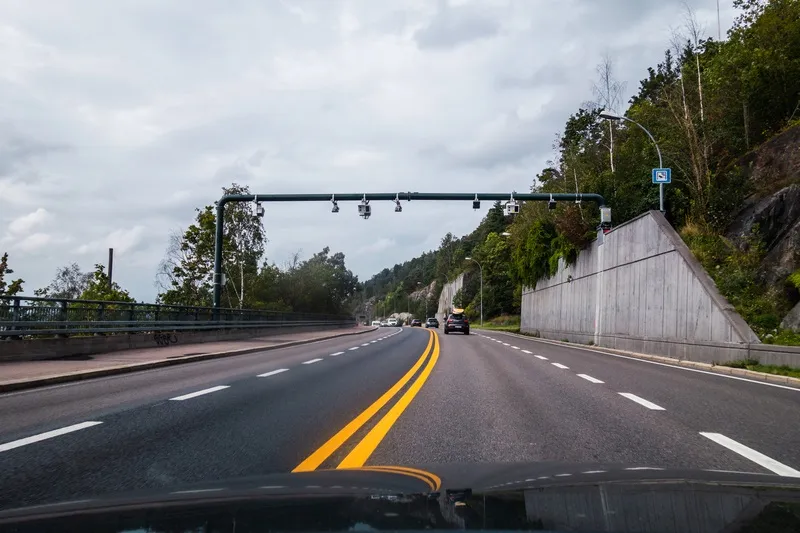The 13 toll companies in Luzon in the Philippines have come to an agreement with the Department of Transportation (DOTr) and the Toll Regulatory Board (TRB), which will see them making their toll systems interoperable and integrated.
For motorists using electronic tags, this means they can seamlessly use their electronic tag from one toll road operator in the toll road of another operator. For motorists still paying in cash, this means that in connected toll roads operated by different companies, they on
September 8, 2017
Read time: 2 mins
The 13 toll companies in Luzon in the Philippines have come to an agreement with the Department of Transportation (DOTr) and the Toll Regulatory Board (TRB), which will see them making their toll systems interoperable and integrated.
For motorists using electronic tags, this means they can seamlessly use their electronic tag from one toll road operator in the toll road of another operator. For motorists still paying in cash, this means that in connected toll roads operated by different companies, they only have to get a ticket once at entry and pay once at exit, regardless of which toll road they enter and exit from.
The first phase of the interoperability agreement will cover electronic toll collection, which will use radio frequency identification (RFID) technology. The second phase will cover cash collection interoperability. It will take around six months for the first phase and another six months for the second phase.










